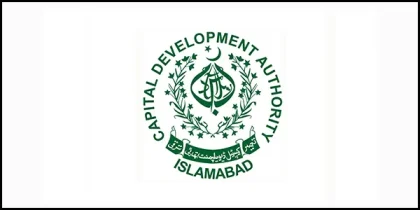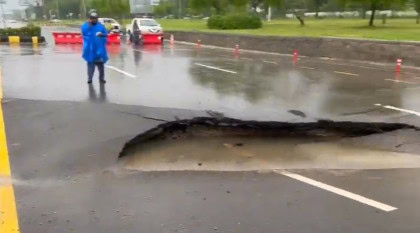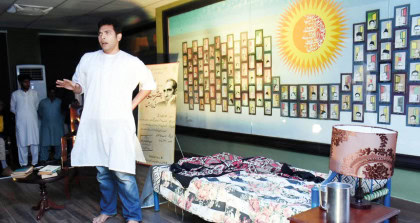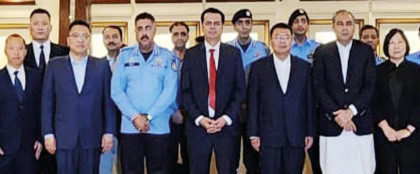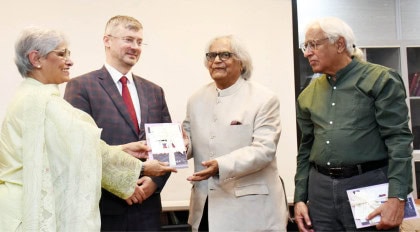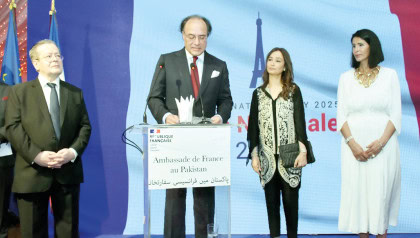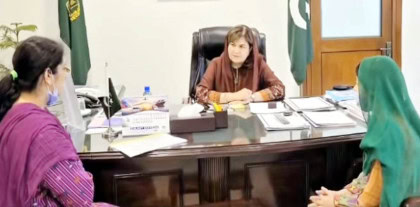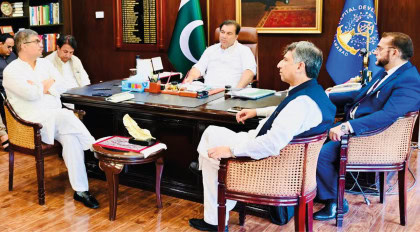Climate Change Ministry steps up efforts to tackle e-waste challenge under Basel Convention
A high-level consultative meeting was convened at the Ministry Climate Change & Environmental Coordination (MoCC&EC) to discuss terms of reference of the first working group to review the current status of electronic waste management in Pakistan, identify policy and regulatory gaps and initiate a roadmap for the formulation of a national e-waste management framework.
Chaired by Additional Secretary of MoCC&EC, ZulfiqarYounas, the meeting participants underlined a need for a viable e-waste management framework to deal with adverse environmental and public health impacts of the e-waste management at all levels.
Addressing the meeting, the additional secretary raised concerns during his opening remarks over the unsafe handling and informal recycling practices that dominate the country’s e-waste landscape.
“There is an urgent need for investment in formal recycling systems, national legislation and mass awareness regarding environmentally-safe e-waste management in the country,” Mr. ZulfiqarYounas remarked.
E-waste is any electrical or electronic equipment that’s been discarded. This includes working and broken items that are thrown in the garbage or donated to a charity reseller like Goodwill. Often, if the item goes unsold in the store, it will be thrown away. Computers, televisions, refrigerators, air conditioners and fax machines etc are common electronic products. Many of these products can be reused, refurbished or recycled.
ZulfiqarYounas said that despite the growing volume of electronic waste (e-waste) in Pakistan, there is currently no comprehensive national baseline data available to assess the scale, sources, composition, and handling practices of e-waste in the country. This data gap severely hinders effective policymaking, regulatory action, and the design of sustainable recycling infrastructure.
“A baseline study is urgently needed to map the full lifecycle of electronic products—from import and usage to disposal and informal recycling. This study should quantify the volume of e-waste generated annually, identify key hotspots (urban centers, dumping sites), assess the role of the informal sector, and evaluate environmental and health impacts,” the additional secretary ZulfiqarYounas stressed during his opening remarks.
Director General, Environment & Climate Change, at MoCC&EC, AsifSahibzada gave a detailed presentation on the current status of electronic waste management in Pakistan, policy and regulatory gaps and future action plan for the formulation of a national e-waste management framework.
He also briefed the meeting about TORs of the working group, its expected outputs & timelines constituted for formulation of the national policy framework for e-waste management.
Sharing TORs of the working group, the director general MoCC&ECAsifSahibzada informed the meeting that the working group comprising policy experts, senior government officials, academia and members of relevant private sector has been tasked with develop a national e-waste policy framework, provide technical input on policy design and implementation, identify regulatory gaps and institutional barriers and recommend effective governance and enforcement mechanisms.
Shed light on Pakistan’s growing challenges and benefits of environmentally-safe management of the electronic waste, Mr. AsifSahibzada, DG MoCC&EC remarked, “Pakistan is facing a rapidly escalating challenge of electronic waste (e-waste) management as the nation experiences a surge in the use of electronic and electrical equipment. With more or less 500,000 tons of e-waste generated annually – and growing – the lack of formal collection, recycling systems and public awareness has created serious environmental and public health hazards.”


